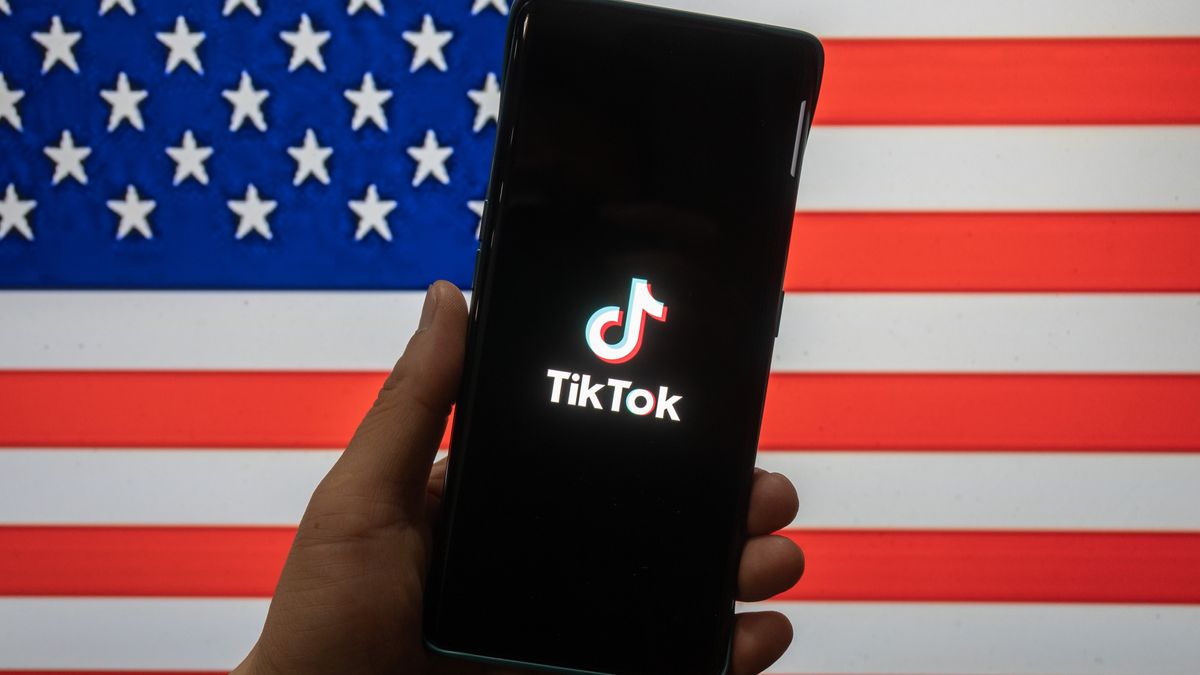A TikTok ban in the United States is closer than it’s ever been, with the US House of Representatives voting through the relevant legislation on Saturday – meaning it could become law in just a few days.
As reported by Android Authority and others, the short-form video and social media app needs to cut ties with Chinese owner ByteDance within the next six months (with a possible three-month extension) if it’s to continue operating in the US.
If you’re just catching up, the United States government is concerned about ByteDance’s links to the authorities in China – in terms of both the data that can be collected on users through TikTok, and the sort of content that can be pushed in front of eyeballs.
Technically, it’s TikTok’s China links that raised national security concerns, not the app itself – so a ban would be something of a last resort if TikTok can’t be put in the hands of another company. The app won’t suddenly disappear next week, but the new law is designed to force a sale.
‘Trampling free speech’
We’ve been here before – the possibility of a TikTok ban has been swirling since 2020 and the Trump presidency. However, it’s now closer than ever: all that remains is Senate approval and a Biden signature, both of which are expected to be formalities.
For its part, TikTok says a ban would “trample the free speech” of the 170 million users the app has in the US. A spokesperson pointed out that the app and its creators contribute some $24 billion (£19.4 billion / AU$37.4 billion) to the United States economy.
ByteDance also refutes the claims that it has to do what the Chinese government tells it. It’s been working to store more of its data on US servers, and 60% of the company is currently owned by global investors.
It’s another reminder of the algorithms that now dominate our digital lives – and how those algorithms are controlled, both in their own countries and internationally, has governments more worried than ever. For more details on what might happen next, read our full TikTok ban explainer.






